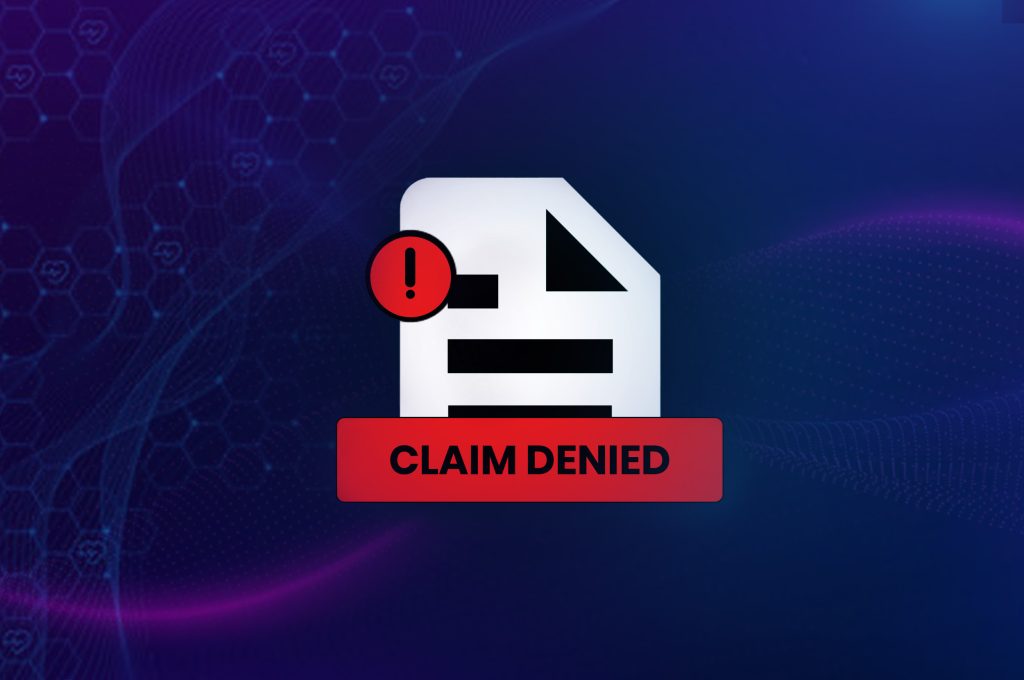How to Eliminate Claim Denials in 2025: A Proven RCM Framework That Works
- TronsIT Solutions
- 0 Comments
In 2025, the healthcare industry will continue to face a long-standing and costly problem: claim denials. Despite the use of advanced technology and automated workflows, many providers still lose millions of dollars in losses due to preventable rejections. The good news? With the right approach, you can Reduce Claim Denials in 2025 and recover more revenue than ever before.
Today’s Revenue Cycle Management (RCM) frameworks have undergone significant evolution. The focus isn’t just on fixing errors after a denial—it’s on designing systems and workflows that prevent denials from happening in the first place. Whether you’re a solo practitioner or part of a multi-hospital health system, gaining control over your RCM process is crucial to staying profitable and efficient in today’s complex billing environment.
Let’s break down what’s working right now—and how your organization can build a denial-proof system.
The State of Claim Denials in 2025
According to a 2025 report from the Healthcare Financial Management Association (HFMA), claims denial rates have reached an all-time high of 12%, driven by increased payer scrutiny, AI-powered audits, and stricter compliance rules. But here’s the kicker—65% of these denials are preventable.
The top reasons for denials in 2025 include:
- Missing or incorrect patient information
- Lack of prior authorization
- Outdated insurance eligibility checks
- Coding inaccuracies
- Service not covered or medically unnecessary
Modern RCM systems, particularly those powered by AI and real-time analytics, are proving instrumental in identifying potential issues before a claim is submitted. But a tool is only as good as the process behind it. That’s why innovative providers embrace end-to-end denial prevention frameworks.
Claim Denial Prevention Strategies 2025
Here’s where we dig into the meat of it—Claim Denial Prevention Strategies 2025. These aren’t just theoretical ideas; they’re the practical, proven steps healthcare organizations are taking to improve clean claim rates.
1. Automated Eligibility Verification
AI-powered eligibility checks now integrate directly with Electronic Health Records (EHRs) and payer systems. By verifying coverage in real time, providers can avoid denials due to eligibility lapses.
2. AI-Assisted Coding
Natural Language Processing (NLP) tools in 2025 are much more advanced. They extract billing codes directly from clinical notes, drastically reducing human error and ensuring alignment with payer guidelines.
3. Pre-Bill Scrubbing & Rules Engines
Modern claim scrubbing tools utilize payer-specific logic to identify common denial triggers before claims are submitted, thereby enhancing the accuracy of claims processing. These rules engines are constantly updated based on payer trends.
4. Prior Authorization Automation
Manual prior auths are one of the biggest bottlenecks. In 2025, automation tools now handle 70–80% of these transactions, speeding up approvals and reducing the number of denied services due to missing authorizations.
5. Staff Training & Certification
Human error still accounts for a large chunk of preventable evidence. Leading organizations are investing in continuous training their billing staff, particularly in understanding complex payer contracts and navigating frequent policy changes.
By incorporating these strategies, many providers are seeing denial rates drop by 30–50%, a significant financial turnaround that also improves the patient experience by reducing billing headaches.

Proactive Denial Management: The 2025 Advantage
Even with the best prevention strategies, some denials are inevitable. That’s where Proactive Denial Management becomes a competitive edge in 2025. Rather than playing defense, proactive denial management means staying ahead of trends, analyzing root causes, and closing the loop quickly.
Key Aspects of Proactive Denial Management:
- Denial Analytics Dashboards: Top RCM systems offer real-time dashboards that segment denials by type, payer, department, and even staff member.
- Automated Appeals: Intelligent systems can automatically generate appeals for specific denial codes, significantly reducing turnaround time.
- Closed-Loop Feedback: Insights from denied claims are fed back into training, coding workflows, and pre-bill checks, creating a learning ecosystem.
- Collaborative Workflows: Integrating billing, coding, clinical, and administrative teams ensures that denial resolution isn’t just the billing department’s burden.
Organizations with a proactive mindset report a 70% success rate in overturning denials—far higher than the industry average. They also maintain stronger relationships with payers by showing consistency, accuracy, and commitment to compliance.
Why TronsIT Solutions Is Leading the RCM Revolution
If you’re wondering who’s at the forefront of this transformation, look no further than TronsIT Solutions. In 2025, they’ve become a key player in helping healthcare providers optimize RCM systems and dramatically reduce claim denials.
What sets them apart?
- AI-Driven RCM Tools: Built with real-time analytics, customizable scrubbing rules, and automated workflows.
- End-to-End Integration: From scheduling to billing, TronsIT Solutions ensures that all systems speak the same language.
- Expert Consulting: They don’t just hand over software—they provide strategic insight to help you build a denial-resistant revenue cycle.
- Compliance & Scalability: Their solutions seamlessly adapt to new regulations and growing patient volumes.
TronsIT Solutions doesn’t just help providers reduce denials—they empower them to master every phase of the revenue cycle.
For more information, explore our website!
Related Posts
What Are Healthcare Solutions and How Are They Shaping Digital Innovation?
- TronsIT Solutions
- December 6, 2024
What Are Healthcare Solutions? Healthcare solutions refer to a huge range of technologies, st ..
Why TronsIT Solution’s is the Trusted IT Provider for Healthcare Businesses
- TronsIT Solutions
- March 17, 2025
Business The healthcare industry is changing quickly, and technology is crucial to improving pa ..



